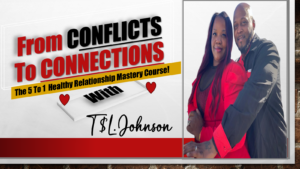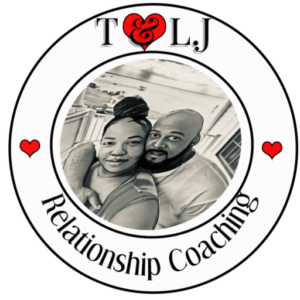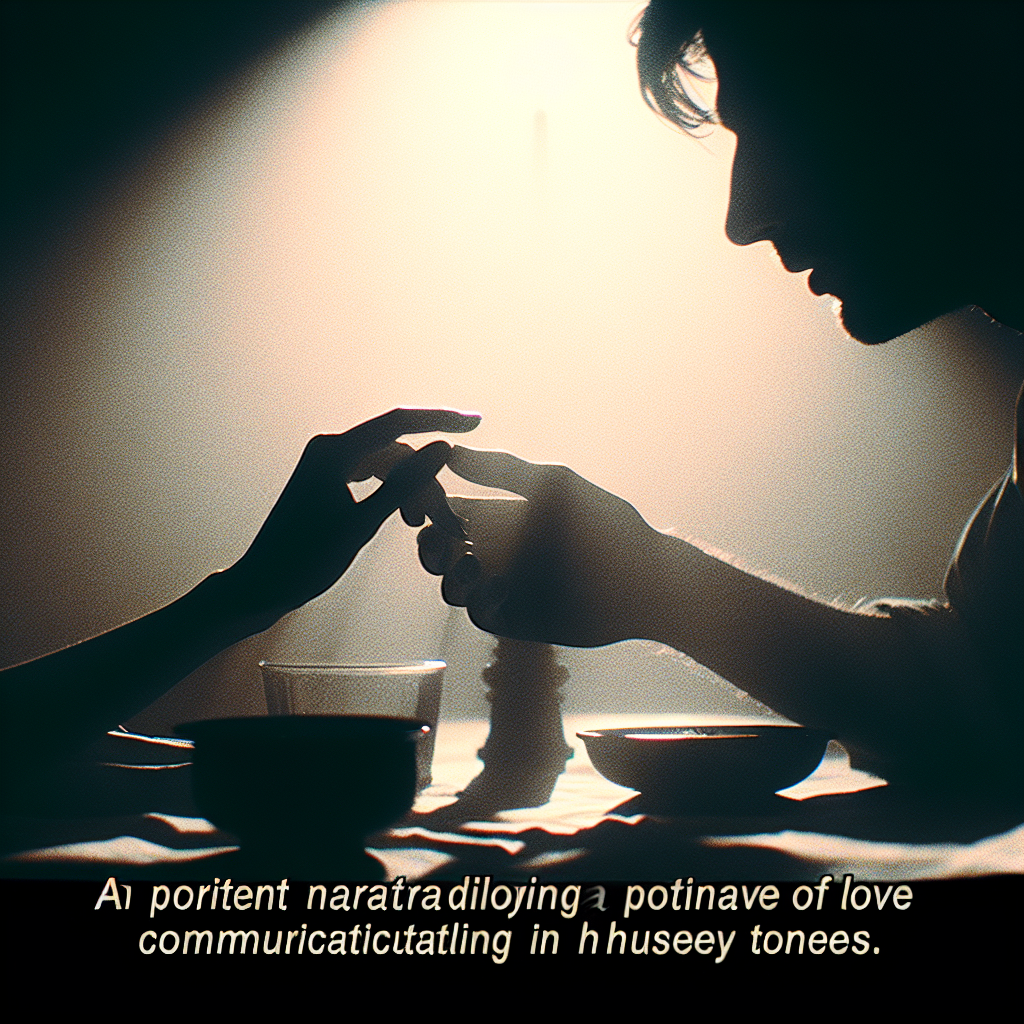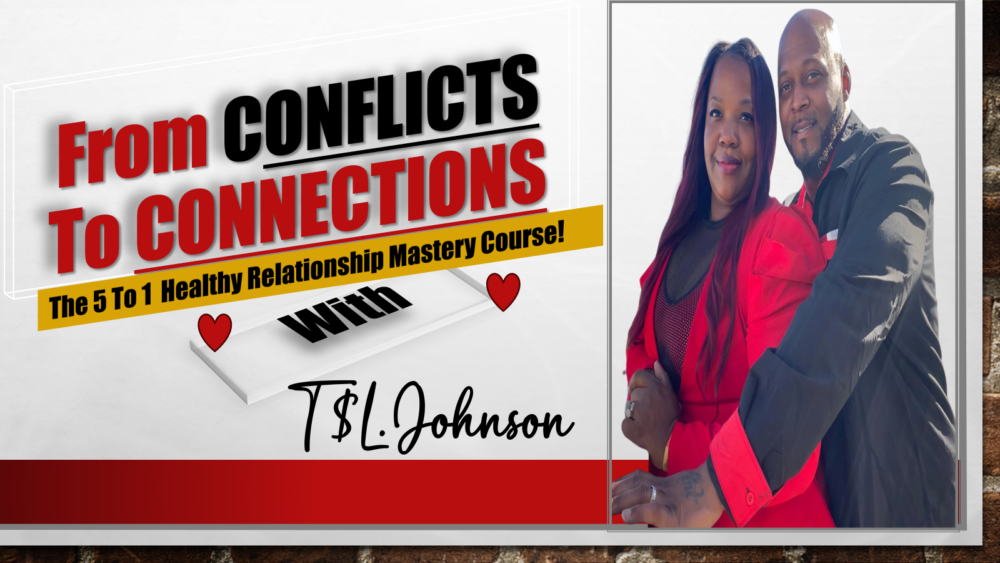The Power of Emotion
Words that Touch our Hearts
Have you ever noticed how certain phrases just stick in your mind? I mean, it’s like they have this magic about them. Words that carry strong emotional weight—like love, loss, or joy—tend to resonate longer than casual chatter. We hang onto them because they evoke feelings that we can relate to, filling us with understanding and connection.
For instance, when someone shares a heartfelt compliment or expresses genuine gratitude, it can leave a lasting impact. I still remember a kind word from a mentor years ago that completely changed my perspective. The emotion behind their words felt like a warm hug, and it’s something I cherish to this day.
In marketing, leveraging emotional language can create a deep bond with your audience. When crafting your message, consider how you can evoke feelings that will not only attract attention but also linger in the minds of your customers.
Stories that Resonate
This leads me to another point—stories. Words embedded in a narrative have this unique ability to stick with you. When I tell a story, it’s not just about what happens; it’s how I deliver it. If I can wrap a lesson within a relatable story, it deserves a bigger spotlight in your mind. Think about it; don’t you remember a lesson better when it’s tied to a captivating story?
Every time I present a new idea, I try to couch it in a personal experience or an engaging tale. People are wired for storytelling. It’s like a bridge connecting someone’s previous experiences with what I’m trying to portray.
In marketing, stories help to humanize brands, making them more relatable. Your potential customers want to connect on a personal level, and weaving narrative into your content ensures those words linger long after you’ve signed off.
Relatability Breeds Longevity
If there’s one thing I’ve learned over the years, it’s that words gain endurance when they resonate with our personal experiences. When a speaker touches upon something we’ve lived through, their words suddenly become more than just sounds—they become mirrors reflecting our own lives. It’s as though they’re speaking directly to us.
For example, during a marketing workshop, I once heard someone mention overcoming obstacles that I had faced too. That connection transformed their message, making it relatable and unforgettable. Every time I recount their words, I can feel the empowerment kick back in.
As marketers, this is something we cannot overlook. Strive to speak from the heart and create content that resonates personally with your audience. The more relatable you make your message, the more likely it is to stick with your audience.
The Timing of Words
Picking the Right Moment
Timing is everything, right? Well, it’s equally crucial when it comes to spoken words. Sometimes, it’s not just what you say but when you say it. Imagine being in a meeting where someone drops a phrase that perfectly resonates with the atmosphere—it sticks, doesn’t it?
I remember a colleague saying just the right thing during a tense client meeting; those words diffused the situation and diffused our anxiety too. Those moments become etched into our minds, like a mental note we refer back to in challenging times.
As marketers, understanding your timing is essential. Align your words with your audience’s needs and emotions at that moment—it’s vital for creating a lasting impact.
Creating Lasting Impressions
To ensure your message resonates, leaving a lasting impression should be a priority. This involves being deliberate about your language and tone. I’ve seen firsthand the difference it makes when I use vivid language that captures the imagination. It’s not just about saying the right thing; it’s about making people remember how I made them feel.
When people leave a presentation of mine, I want them not only to remember the information shared but the energy and sincerity as well. That’s what makes them come back for more. Lasting impressions depend on being genuine and thoughtful in your delivery.
In our marketing efforts, creating distinct and vivid impressions can encourage your audience to carry your message with them. Share your passion and purpose; it’s contagious!
Words as Symbols of Change
Some words hold the power to symbolize change and growth. Whether they are slogans or catchphrases, there are certain words that inspire us to take action, driving change. Reflecting on pivotal moments in my life, I realize that specific words acted as catalysts for transformation.
For instance, phrases like “You can do it” or “Believe in yourself,” have lifted me during tough times. As marketers, we can harness that same transformative power in our messaging—evoking empowerment can inspire people to act.

By embedding change within our words, we not only offer “food for thought”; we can also create lasting legacies that resonate with our audience. Remember, transformative words often don’t just fade— they echo throughout life.
The Culture of Words
Words Through Generations
Isn’t it fascinating how certain phrases stick around longer than others? Some words are like this cultural glue, passed down through generations. For instance, consider phrases from our parents or grandparents; they carry the weight of history and tradition, and we often find ourselves using them, much to our amusement.
Each time I hear an old saying, I’m often reminded of where it came from and the lessons tied to it. These words connect us to our roots, showcasing how language adapts over time while retaining its essence.
When marketing to diverse generations, recognizing this cultural layer can add richness to your messaging. Incorporating familiar phrases or cultural references can deepen connections and make your content more relatable.
Language Shapes Identity
The words we use often define who we are and can highly influence how we see ourselves and how others perceive us. As someone who’s navigated various cultures, I notice how language can bridge gaps or create rifts. It becomes an invisible link that shapes identities within a community.
Words rooted in culture hold power. By showcasing shared language or key terms within campaigns, you can evoke passion and inclusion. For me, it’s about creating content that not only sells but connects at a deeper level.
Recognizing the identity encapsulated within words gives marketers the chance to foster relatable and aspirational messaging that aligns with core beliefs and values. Words become a vessel for identity in the broader cultural narrative.
Adapting Language Over Time
Language is ever-evolving, and so are the words we choose to give life to our thoughts. What may resonate today could shift in the next few years. This adaptability is vital if we want our messages to endure. I’ve learned that staying attuned to language shifts is necessary for effective communication.
Take slang, for instance. It’s a powerful reminder of how fast words evolve, and as someone in marketing, it’s an exciting challenge! Knowing what’s trending can influence how I craft messages that speak to current audiences.
Keeping pace with linguistic changes allows marketers to stay relevant in an ever-changing world. The old adage “words matter” really rings true, especially when we are mindful of how they adapt over time to stay relatable and fresh.
Conclusion
In conclusion, words have an extraordinary ability to linger long after they’re spoken. The emotional weight, relatability, timing, cultural significance, and adaptability all contribute to how words resonate within our minds and hearts. Understanding these influences can aid us in crafting thoughtful messages in our lives and marketing efforts that create lasting connections.
FAQ
1. Why do certain words stick in our minds?
Certain words stick in our minds because they evoke emotions, are part of relatable stories, and resonate with our experiences.
2. How does timing affect the impact of words?
Timing affects the impact of words by ensuring they align with the audience’s emotions and situation, making them more memorable.
3. How can marketers use this understanding in campaigns?
Marketers can use this understanding by incorporating emotional language, relatable stories, and cultural references that resonate with the target audience.
4. What role does culture play in the words we remember?
Culture plays a significant role by providing shared language and experiences, connecting us across generations and making certain phrases more memorable.
5. Why is it important to adapt language over time?
It is important to adapt language over time because it keeps messaging relevant and relatable to current audiences, reflecting how they communicate.

Schedule Your First 20-Minute Coaching
Call With Us Today to see if we fit . You pick the price!
Click Here




